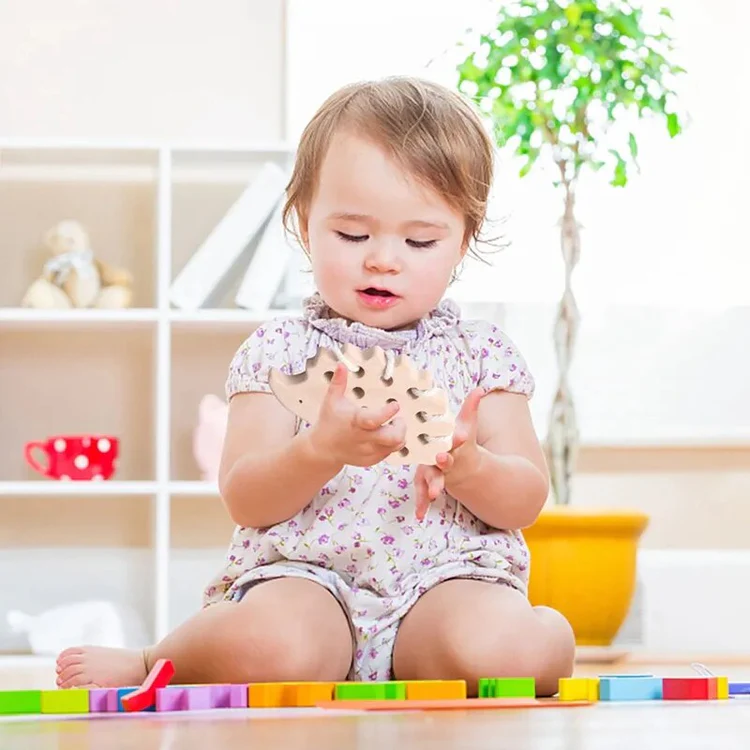The Timeless Charm of Montessori Wooden Toys
In a world filled with digital gadgets and plastic toys, Montessori wooden toys stand out as a timeless choice for parents who seek to provide their children with quality, engaging, and educational play experiences. Rooted in the Montessori philosophy of education, these toys are designed to foster independence, creativity, and critical thinking in young children. Let’s explore the benefits of Montessori wooden toys and why they are an essential addition to your child’s playtime.
1. Natural Materials for Safe Play
Montessori wooden toys are typically made from natural materials, such as hardwoods and non-toxic finishes. This makes them a safe choice for children, especially those who tend to put toys in their mouths. Unlike plastic toys that can break or degrade over time, wooden toys are durable and can withstand the rigors of play, often lasting for generations. This longevity makes them not only a safe option but also a sustainable choice for eco-conscious families.
2. Promoting Hands-On Learning
One of the core principles of the Montessori method is hands-on learning. Montessori wooden toys encourage children to explore and manipulate their environment through sensory experiences. From stacking blocks to sorting shapes, these toys provide opportunities for children to learn through play. This type of learning is crucial for developing fine motor skills, problem-solving abilities, and cognitive development.
3. Encouraging Imagination and Creativity
Wooden toys are often simple in design, allowing children to use their imaginations and creativity. Unlike electronic toys that dictate how a child should play, Montessori wooden toys encourage open-ended play, where children can create their own narratives and scenarios. Whether they are building a fort with blocks or pretending to be a farmer with animal figurines, the possibilities for imaginative play are endless.
4. Supporting Emotional and Social Development
Playing with Montessori wooden toys often involves cooperative play, where children learn to share, take turns, and communicate with one another. These social interactions are essential for emotional development and help children build essential social skills. Additionally, as children engage in play, they learn to express their feelings and navigate relationships, fostering emotional intelligence.
5. Enhancing Focus and Concentration
The simplicity of Montessori wooden toys allows children to focus and concentrate on the task at hand. Unlike toys that produce sounds or lights, wooden toys require children to engage their minds and bodies fully. This type of play promotes deeper concentration, helping children develop the ability to focus on activities for extended periods—an essential skill for future learning.
6. Aesthetic Appeal and Connection to Nature
Montessori wooden toys are not only functional but also beautifully crafted. Their natural look and feel appeal to both children and parents, creating a warm and inviting play environment. By introducing children to wooden toys, you can help them develop an appreciation for natural materials and a connection to the environment. This appreciation for nature can foster a sense of responsibility for the world around them.
Conclusion
Montessori wooden toys are more than just playthings; they are tools for learning, growth, and exploration. By choosing these toys, parents can provide their children with a safe, engaging, and educational play experience that aligns with the principles of the Montessori method. Whether you are looking for toys for your own child or a thoughtful gift for a loved one, consider the timeless charm of Montessori wooden toys—a choice that celebrates creativity, imagination, and a love for learning.
